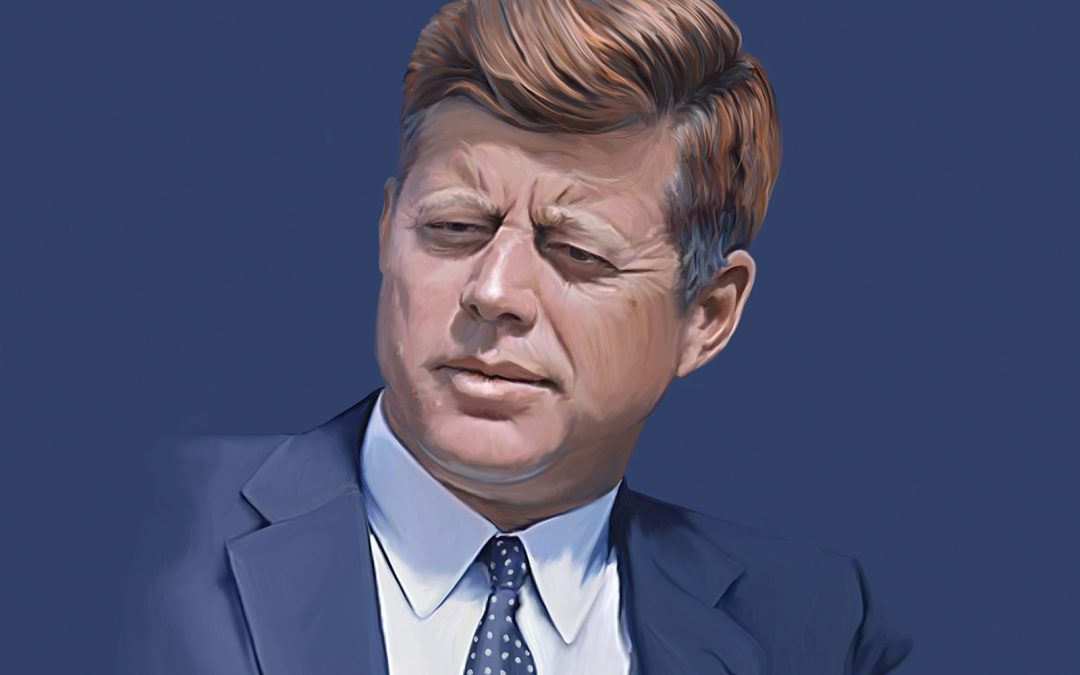Read our latest blog-post for students currently studying psychology for the IBDP from Pamoja teacher, Peter Anthony
An important theory about how emotions affect memory grew from research undertaken by Brown and Kulik (1977). They argued that some memories, such as the assassination of President Kennedy, are more vivid and accurate than typical memories.
Subsequently, psychologists have questioned the idea that these “flashbulb memories” are a special category of memory.
For example, Neisser and Harsch (1992), who based their research on memories of the 1986 Challenge space shuttle disaster, concluded that although flashbulb memories are vivid and long-lasting, they are not always reliable.
Further research was undertaken by Talarico and Rubin (2003). Students were asked to recall first hearing about the terrorist attacks of September 11th in New York and also their memory of a recent everyday event.
This is the first study into flashbulb memory that has used the memory of an everyday event as a control. Participants were interviewed again either one, six, or thirty-two weeks later.
Consistency for the flashbulb and everyday memories did not differ, in both cases declining over time.
However, the researchers found that self-ratings of vividness, recollection, and belief in the accuracy of memory declined only for everyday memories.
Initial emotion ratings correlated with a later belief in the accuracy, but not consistency, for these flashbulb memories. Initial emotional ratings also predicted later post-traumatic stress disorder symptoms.
The researchers concluded that flashbulb memories are not unique in their accuracy, as previously claimed, but only in their perceived accuracy.
In this article, Rubin describes her research from a personal perspective and share her insights into the question of the accuracy of flashbulb memories.





